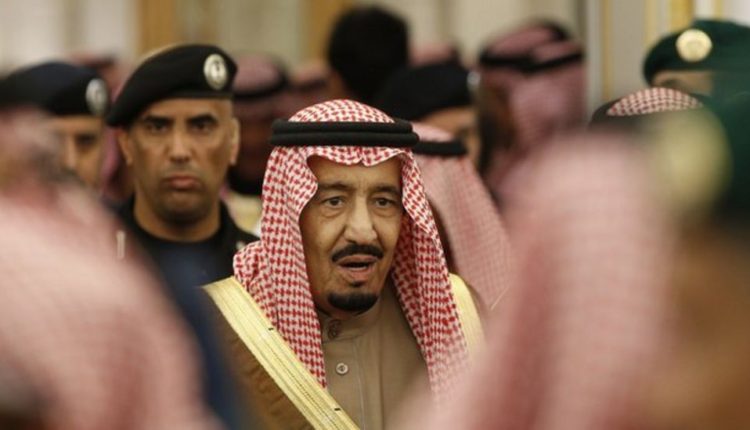He points to the sweeping changes made by King Salman in his first 10 days.
In a smattering of royal decrees, ministers were sacked, others appointed and councils abolished. The king has concentrated power within the region of Najd, seen as the monarchy’s natural constituency.
“So loyalty and trust is the name of the game here,” Ali Al-Ahmed says.
“He would make sure to keep the family happy.
“That’s why you will see more members of the family getting greater share of the pie, the political, economic pie, at the expense of the people.”
Ali Al-Ahmad says history offers a stark warning if the family is not happy.
“Starting in 1932 onward, the Saudi ruling family had had a problem with infighting,” he says.
“King Saud, the son of Abdulaziz, was overthrown and deposed by his half-brothers… King Salman was part of that operation.
“The Saudi ruling family is now larger than ever, and naturally there will be tension.”
King Salman also abolished the 14 supreme councils that covered various different areas such as media, Islamic affairs, health and so on, with the responsibility and authority of these councils being rolled into just two, one run by his son and the other by his nephew Mohammad bin Nayef.
The controversial minister of the interior, Mohammad bin Nayef, is now second in line to the throne.
Ali Al-Ahmad says he has a “really dark record” on human rights.
“The fact that he has imprisoned even woman drivers, that has never happened in the country’s history, and established a terrorism court… you will see that… the new king now is really concerned about security,” he says.
Many also hold Mohammad bin Nayef responsible for the killing of protesters by security forces.
Ali Al-Ahmad argues his nephew’s promotion suggests King Salman will take Saudi Arabia in a different direction to his predecessor:
“I think he will change it in some ways,” he says.
“He also will become much more conservative in terms of social policies and will be harsher in terms of security and political policies.”
Source: https://www.bbc.com/news/world-middle-east-31358994



Comments are closed.